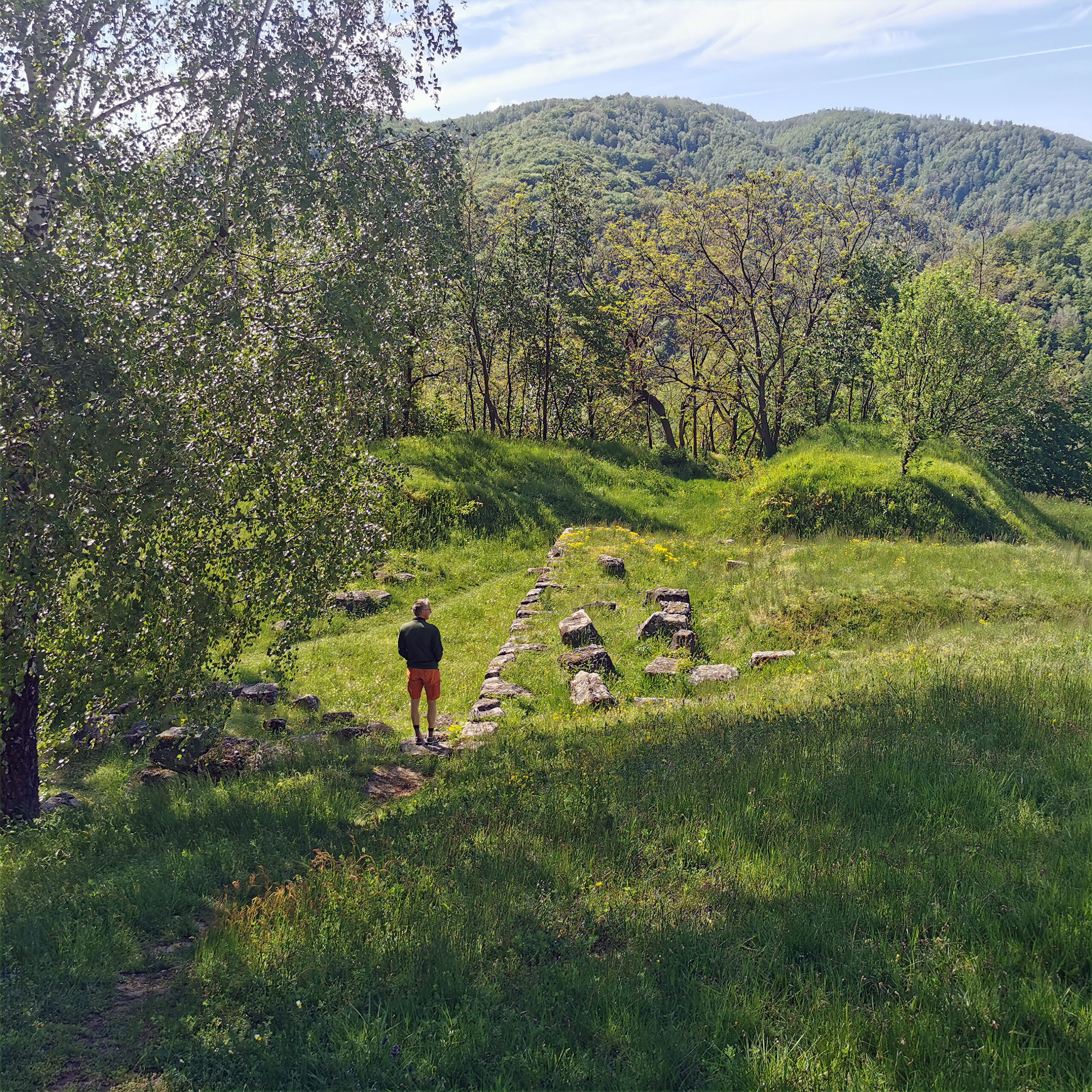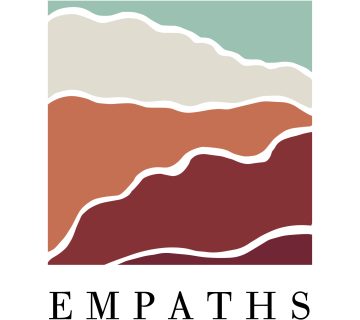Taking time to enjoy the journey as well as the destination. Could travel to IE conferences be even more enriching as well as more sustainable?
‘The discovery of slowness’ is a 1980s novel by Sten Nadolny. It is woven around the (rather fictional) attitude to life of the 19th century Arctic explorer John Franklin, to which the author attributes the special quality of deliberation. In fact, the whole book is a provoking hymn to the virtues of slowness.
I remembered this novel when I recently travelled to Sighișoara in Romania for iecon23. In fact, travelling overland to conferences is not always a pleasure – but this time it was different.
I had arranged to meet Ondřej in Prague, and it was a pleasure to see his smiling face when he picked me up at the metro station. Ondřej had offered to organise a carpool. Our first destination was Český Krumlov, where we visited the Historic Centre World Heritage site and spent a nice evening with Ondřej’s family. The next stop on our tour was Brno. There we picked up Michal which led to a well-informed ride along the Carpathians that he had previously hiked. We spent the next night in a small hotel near the Dacian Fortresses of the Orastie Mountains World Heritage and visited one of them the next morning. It was surrounded by nature bursting into spring – our first impression of Romania. Following the pre-conference tour to Haţeg Global Geopark, we took Eva with us in our group, and on the final stage to the venue, Michal showed us a Scout centre that he was involved in setting up. I don’t want to deny that there were some hours on the motorway where I didn’t envy Ondřej for his role as driver, but all in all the two-day journey felt like we would arrive in Sighişoara in no time.
I’m not sure to what extent the activities of Greta Thunberg and friends had an impact on the attendees, whether it was the now obvious effect of the climate crisis or just the coincidence of fortunate circumstances, but after our arrival we learnt that more than ever before had travelled overland, met on the way and obviously had a lot of fun and exchange before the conference even started. Some tested the merits of new or reinstated night trains, some used the opportunity to take some days off with their partners and families, and our Croatian colleagues even hired a minibus plus driver, which turned out to be a surprisingly economical solution.
All of this encourages me to plan a few more days for the upcoming IE conference 2024 in Koper, Slovenia. Have you thought about some of the fascinating places that might be on your route to the Adriatic Sea as you travel to iecon24? I will be seeking contact with others with whom I can share part of the journey. Not only does this promise considerable joy and inspiration, it also helps to meet what is perhaps the greatest challenge of IE’s annual conferences: reducing our carbon footprint.
And if someone really has to cover a longer distance unaccompanied, I heartily recommend ‘The discovery of slowness’ as inspiring travel reading.
Thorsten Ludwig is an interpretive trainer, planner and consultant based in Germany. Since 1993, he has run Bildungswerk interpretation as his own company. You can get in touch with him at: Th.Ludwig@interp.de.
To cite this article: Ludwig, Thorsten (2023) ‘The discovery of slowness‘ in Interpret Europe Newsletter 2-2023, pg. 4.
Available online: https://interpret-europe.net/wp-content/uploads/2023/07/Newsletter-2023_2-summer.pdf




